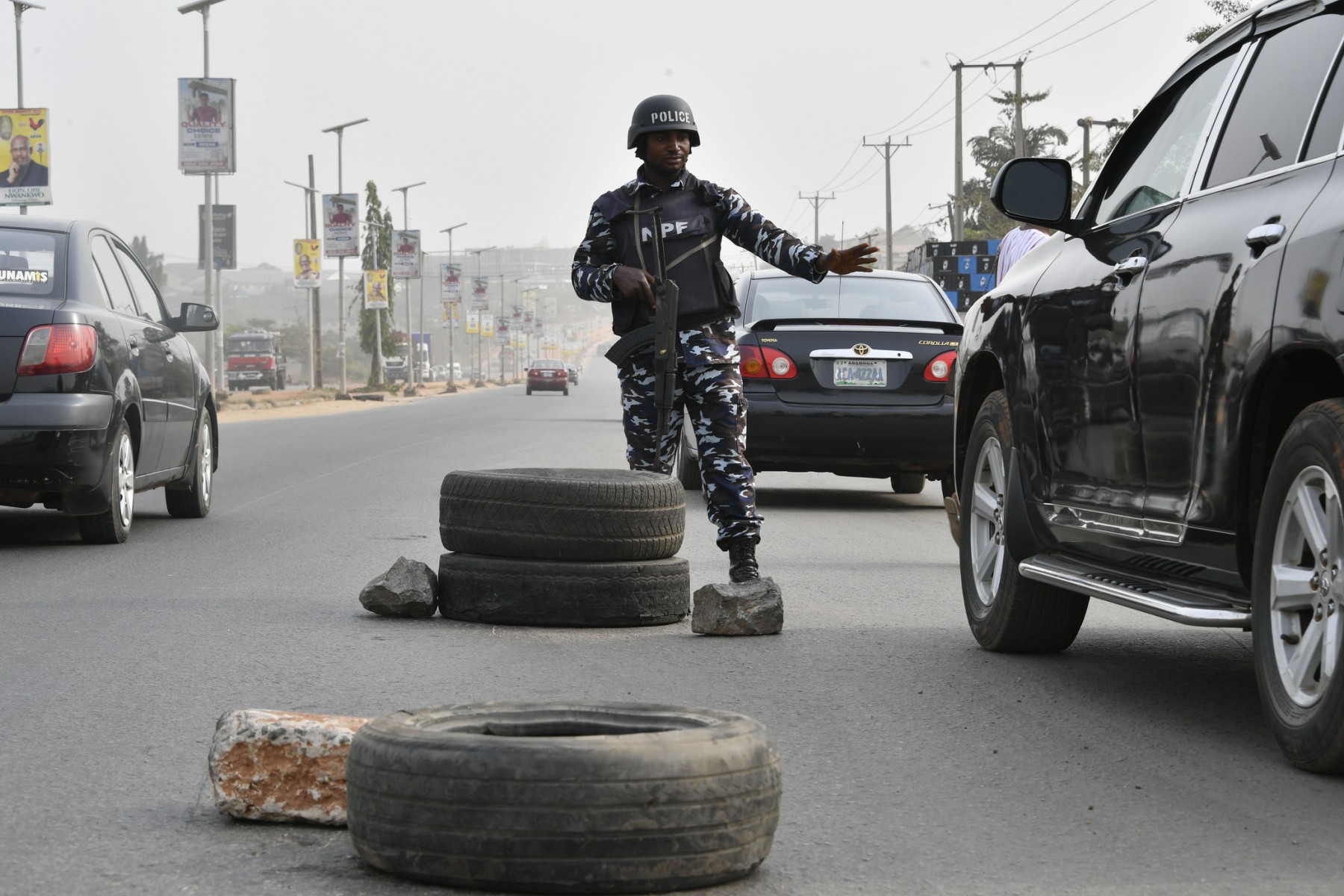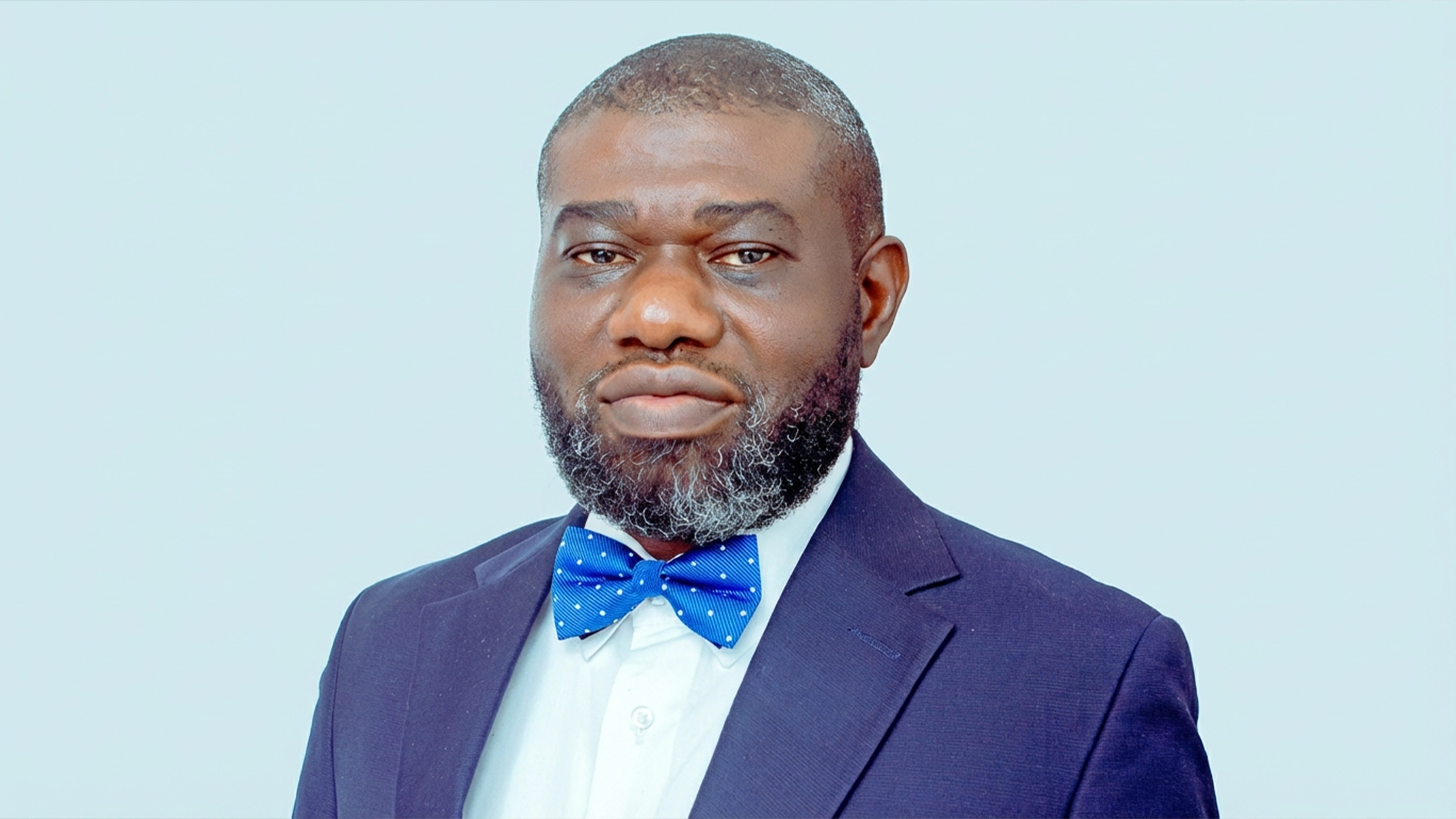
Sir: Nigeria is at a critical juncture where addressing two pressing issues—electricity and insecurity—can significantly impact our nation’s future. To pave the way for progress and prosperity, we must confront the challenges that are stifling development and holding back the potential of our people.
Insecurity has become a major obstacle to growth, particularly affecting the agricultural sector. The presence of bandits, Boko Haram, and other criminal elements has created an environment of fear that disrupts agricultural activities.
Farmers are abandoning their fields, and rural communities are living in constant fear of attacks. This disruption not only threatens food security but also undermines economic stability. The resulting loss in agricultural productivity exacerbates hunger and poverty, impacting millions of Nigerians who rely on farming for their livelihood.
Reliable electricity is crucial for economic development and empowerment. Consistent power supply enables small businesses to thrive, fosters innovation, and accelerates job creation. For many young Nigerians, access to electricity is a key factor in enabling entrepreneurship and creativity. Without it, potential entrepreneurs are often left without the tools they need to build successful ventures, leading to increased unemployment and a greater risk of engaging in criminal activities out of desperation.
To move Nigeria forward, it is essential to address several core issues. Insecurity must be tackled with effective measures, including strengthening security forces, improving intelligence operations, and addressing the root causes of violence. The high cost of governance is another significant concern, draining resources that could be better invested in essential services and development projects. Reducing unnecessary expenditures and streamlining government operations can free up funds for more critical areas.
The cost of electricity remains a substantial burden for businesses and households alike. Investing in infrastructure and exploring sustainable energy solutions can help reduce these costs and ensure a more stable power supply. Additionally, developing local refineries would decrease our dependence on imported fuel, lower energy costs, and create job opportunities, stimulating economic growth.
Reforming subsidy policies is also vital. While subsidies can be beneficial, they often lead to market distortions and inefficiencies. Targeting and improving these policies can enhance economic stability and fairness. Addressing food insecurity requires both immediate and long-term strategies, including boosting agricultural productivity, supporting farmers, and improving distribution systems to reduce hunger.
Considering temporary measures, such as opening borders to facilitate trade, may also be a practical step while comprehensive solutions are being developed. This could help stabilise the economy and provide relief as we work towards addressing the core issues.
In conclusion, Nigeria’s path to a better future hinges on effectively tackling insecurity and electricity challenges. By addressing these fundamental issues, we can unlock opportunities for entrepreneurship, enhance agricultural productivity, and foster a safer and more prosperous nation.
It is crucial for the government to prioritise these concerns and take decisive action to resolve the root causes of our suffering. Only then can Nigeria progress with confidence and build a brighter future for all its citizens.
Tunde Eso, national president of Fix Nigeria Group, author of African Security Solution and originator of Youthocracy – a new system of government.






